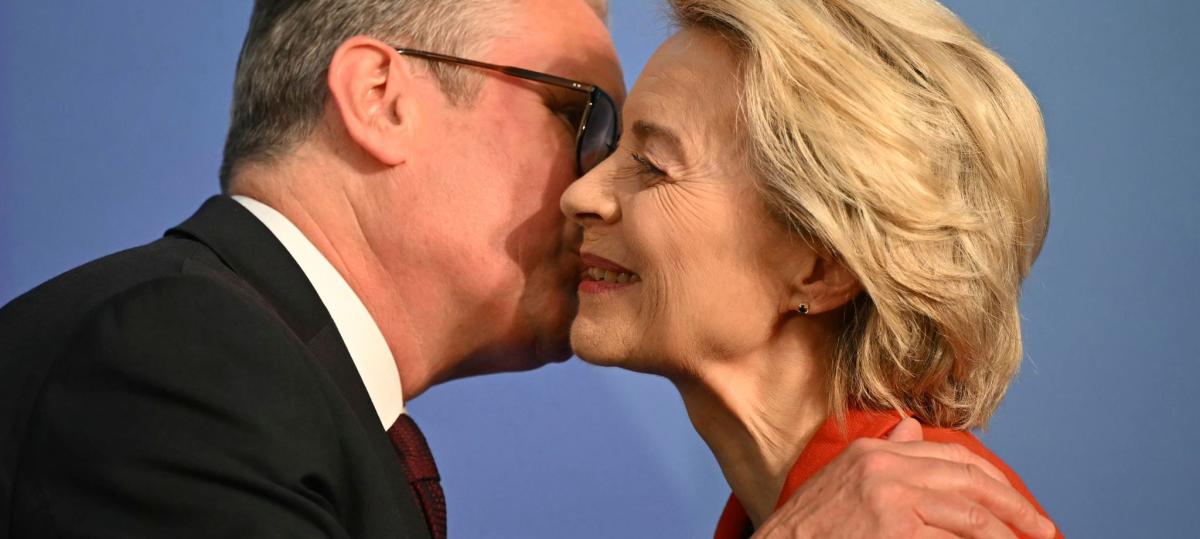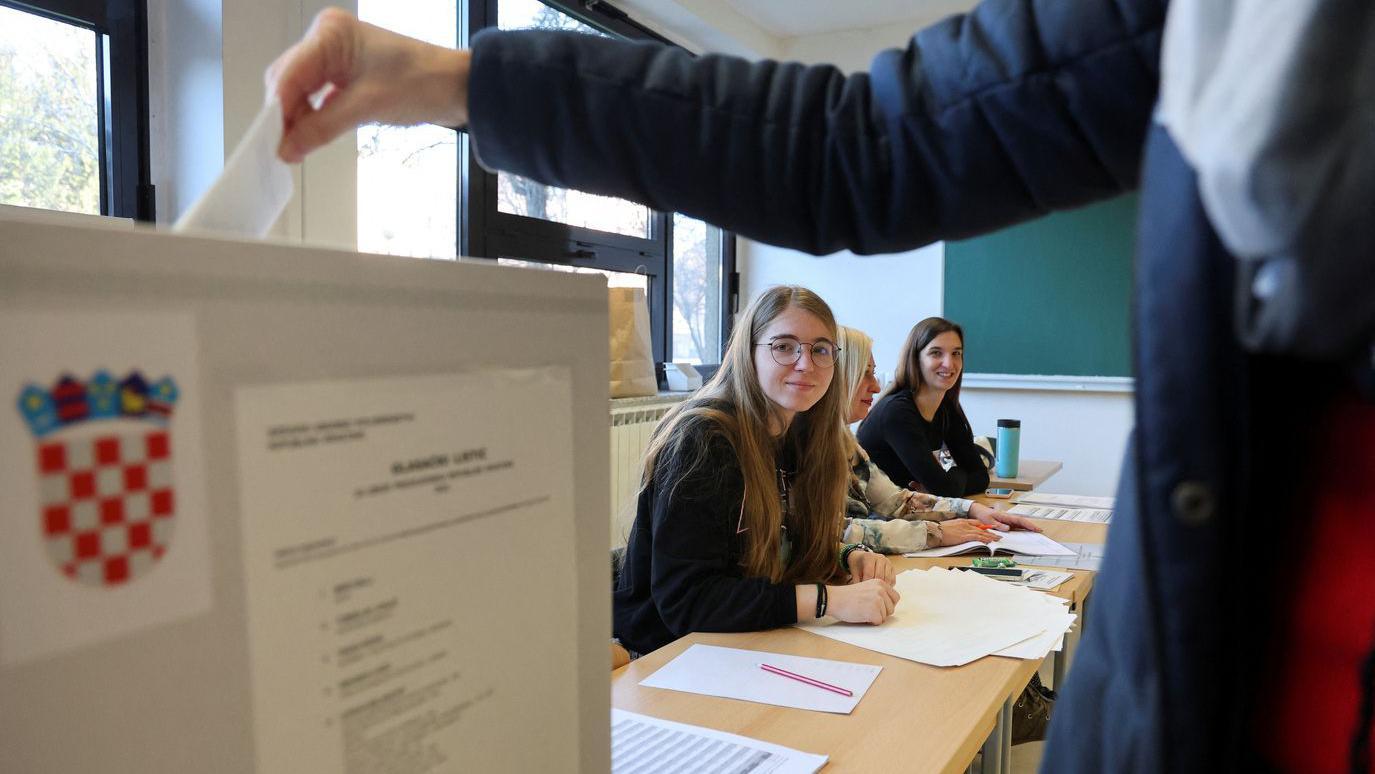This is how Great Britain and the EU want to get closer again

When the former British Prime Minister Theresa May took the press at the Lancaster House in London in January 2017, the message was unmistakable: Great Britain leaves the EU internal market and the customs union, takes full control of borders and laws. It was the moment when the hard Brexit became the official government line – and the EU to a distance. The « Lancaster House Speech » stood for a phase of demarcation, politically and rhetorical. Now European politics returned to the same place – this time, however, among other signs.
At the first UK-EU summit in London since Brexit, it was not about separation, but about an approximation. The change has a lot to do with political reality. Great Britain needs functioning trade relationships and reliable partners in security and defense policy. Conversely, London is for the EU in the face of geopolitical tensions, the war in the Ukraine and Through the renewed presidency of Donald Trump An actor that you can’t leave out.
Pragmatism instead of confrontation
Pragmatism has largely replaced the confrontation principle. It is an urgently needed and commendable development in these uncertain times. At the center of the meeting were practical questions: How can trade processes be simplified? Where can military and security policy cooperate be deepened? How do you deal with global challenges such as cyber defense or migration?
A restart of the exchange of young people is also sought. A mobility agreement will enable students and young people to continue staying in the other country again. That would be great for both sides. Even when it comes to fishing ratesAn eternal bone -up apple since Brexit between London and Brussels, the British made concessions. The will to open is there – but the concrete design is still pending in many points.
Keir Strandmer is already under pressure
Sure, the results are just a first step-and the red lines of the Labor government remain: no return to the EU internal market and no accession to the customs union. But the style has finally changed. Away from the symbolic dispute, to more factual vote – at least where there are common interests. Especially for Keir Strandmer, the deal also remains a politically extremely delicate balancing act: the pro-Europeans are not far enough for their course, they are pushing for a closer bond with the EU. The Brexit hardliners, on the other hand, already see a betrayal of the 2016 Brexit referendum.
Finding a path that soothes both sides is hardly possible in terms of domestic policy – especially in a phase, in which strands are increasingly losing support in the surveys. The summit was not a big political breakthrough, but an important symbolic moment. This is not yet a new partnership. But it is an attempt to put the relationship to a functioning foundation.








